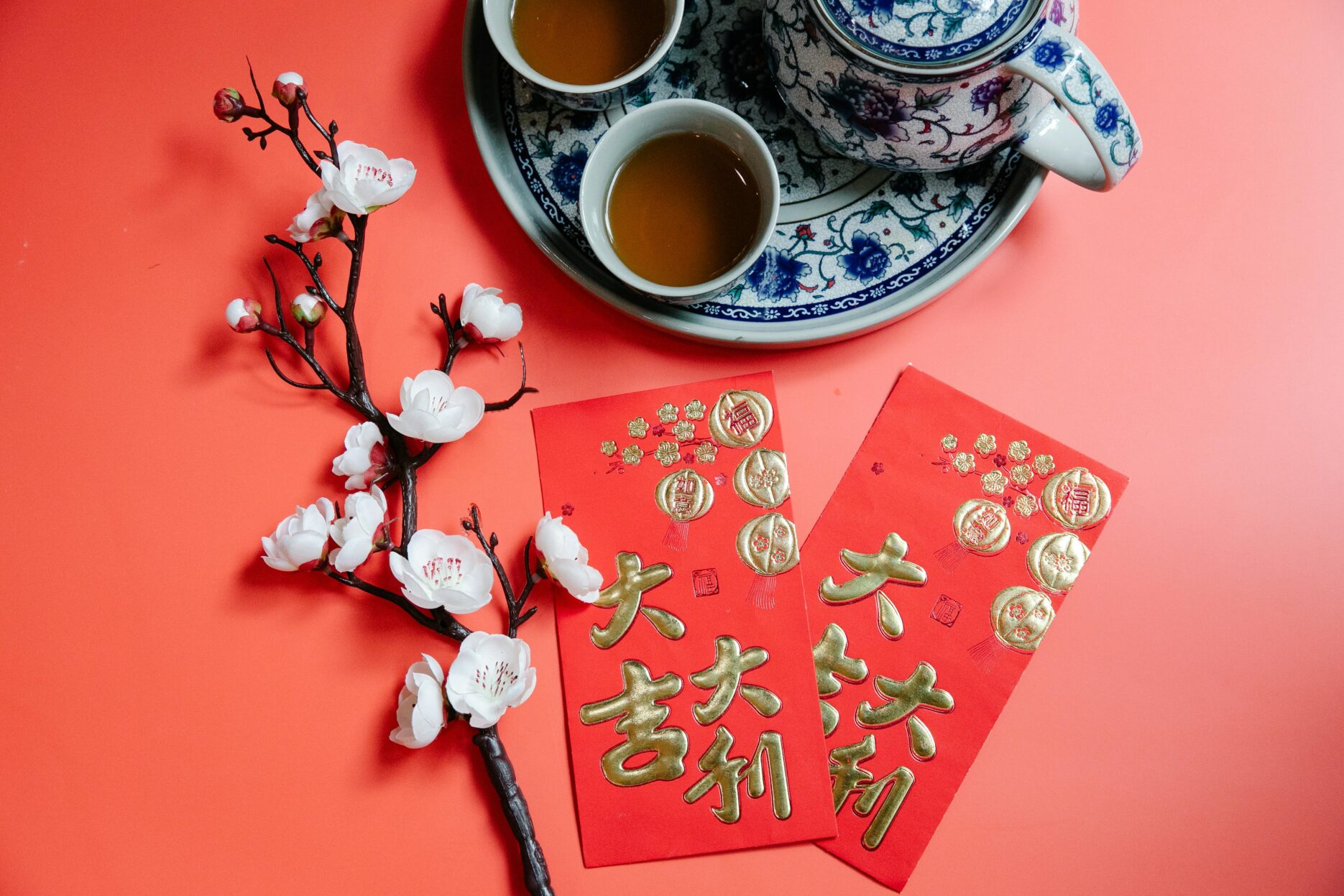In a landmark decision that marks a significant shift in the Chinese market landscape, the Ministry of Commerce of China has announced the delisting of 55 out of the 1,000 esteemed ‘Time-Honoured’ brands. These brands, traditionally celebrated for their long-standing heritage and cultural significance, are facing this action due to prolonged periods of poor management.
This development is not just an isolated incident but part of a larger trend; an additional 73 brands are currently under close scrutiny, with a six-month window provided to them to rectify operational deficiencies. This move underscores a pivotal shift in the Chinese market, where heritage and history may no longer guarantee business success.
Among the notable names losing their esteemed status is Shanghai’s Lao Ban Zhai, a restaurant established in 1905, known for its Zhenjiang-style cuisine. The delisting of established brands like Lao Ban Zhai, Tianjin Goubuli, and Chongqing Guanshengyuan reflects a broader trend of traditional business models struggling to adapt to modern consumer demands and market dynamics. Lao Ban Zhai’s diminishing appeal, despite its historical significance, highlights the challenges faced by brands relying on legacy alone.
The case of Dalian’s Qunyinglou, renowned for its Shandong cuisine seafood, further illustrates the struggle of traditional brands. Despite being a pioneer in exported frozen food and being awarded the ‘Time-Honoured Chinese Brand’ status in 1994, Qunyinglou failed to keep pace with the rapidly growing frozen food market, which expanded from 500 million RMB (USD) in 2008 to 11.1 billion RMB (USD) in 2021.
Image: Jiemian News
The downfall of these brands can be attributed to internal management issues, as well as an inability to innovate and cater to changing consumer preferences. For instance, Lao Ban Zhai’s reported operational data was ‘zero,’ signalling severe irregularities. Moreover, these traditional brands face challenges in product ageing, customer base expansion, and channel development, making it difficult to constantly reinvent themselves in the competitive market.
Successful ‘Time-Honoured Chinese Brands’ such as Quanjude and Wufangzhai offer a blueprint for adaptation and survival in the market. These brands have innovated by expanding their product ranges, collaborating with popular IPs, and embracing technology. Quanjude’s strategy of developing ready-to-cook dishes around its core product, roast duck, has been particularly effective, resulting in a 78.09% year-on-year revenue increase in 2023’s third quarter. Similarly, Wufangzhai’s introduction of new products like mooncakes and collaborations with popular IPs have contributed to its continuous growth.
Overall, the changing fortunes of China’s ‘Time-Honoured Chinese Brands’ offer valuable lessons for businesses aspiring to enter the Chinese market. Adaptability, innovation, and responsiveness to consumer trends are crucial for survival and growth in a marketplace where resting on historical laurels is no longer sufficient.









